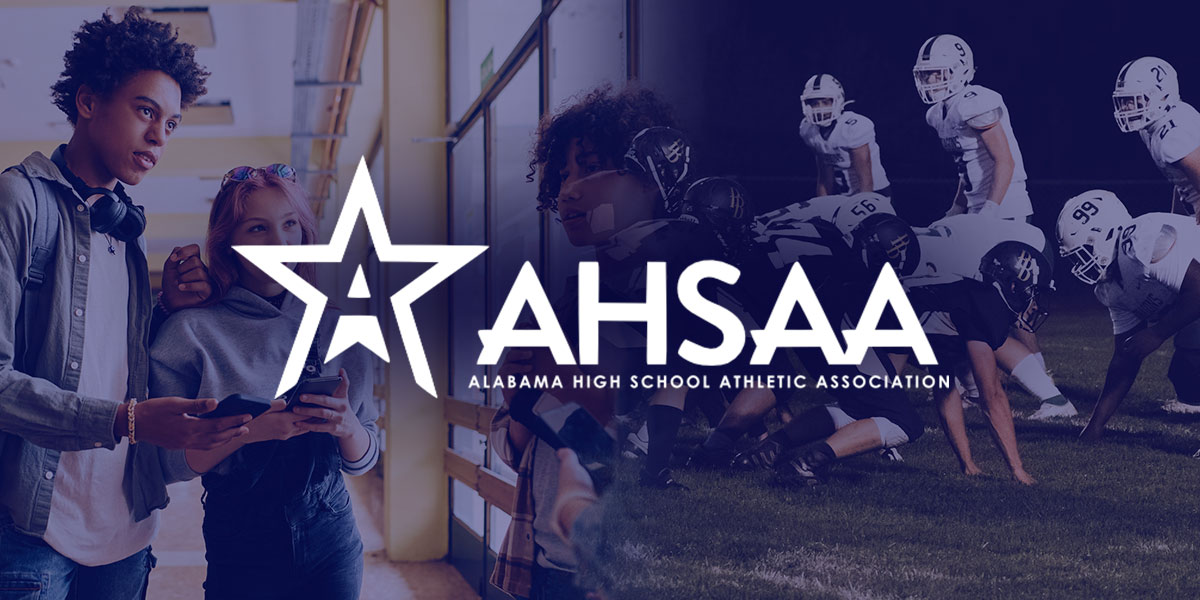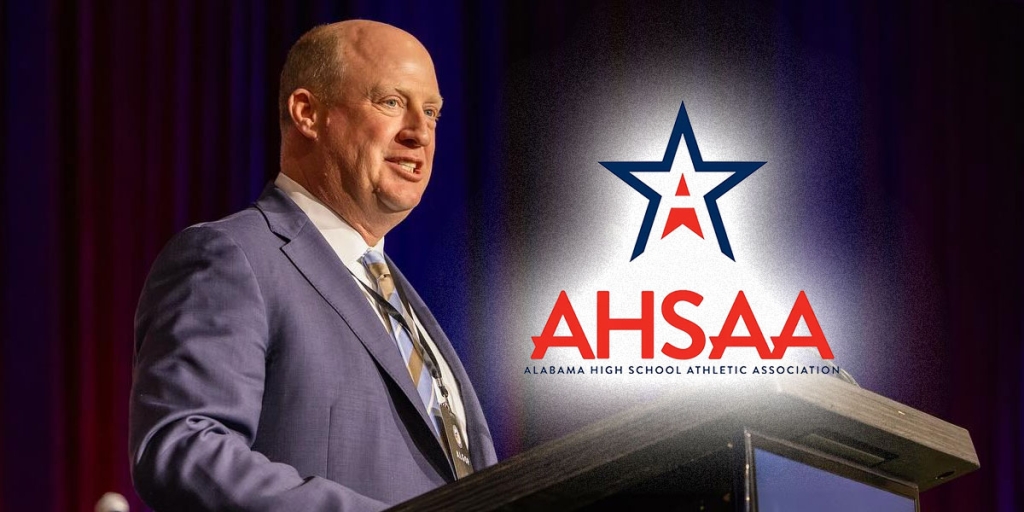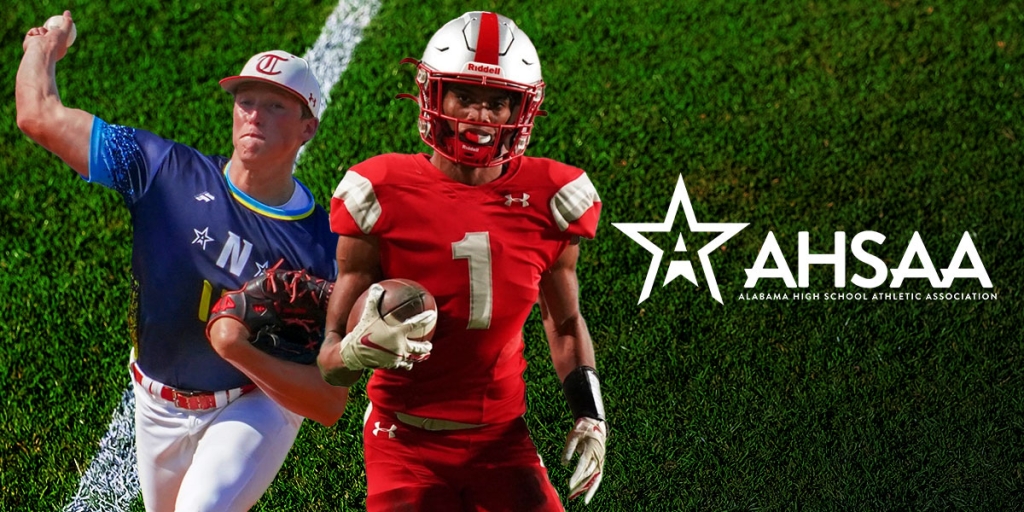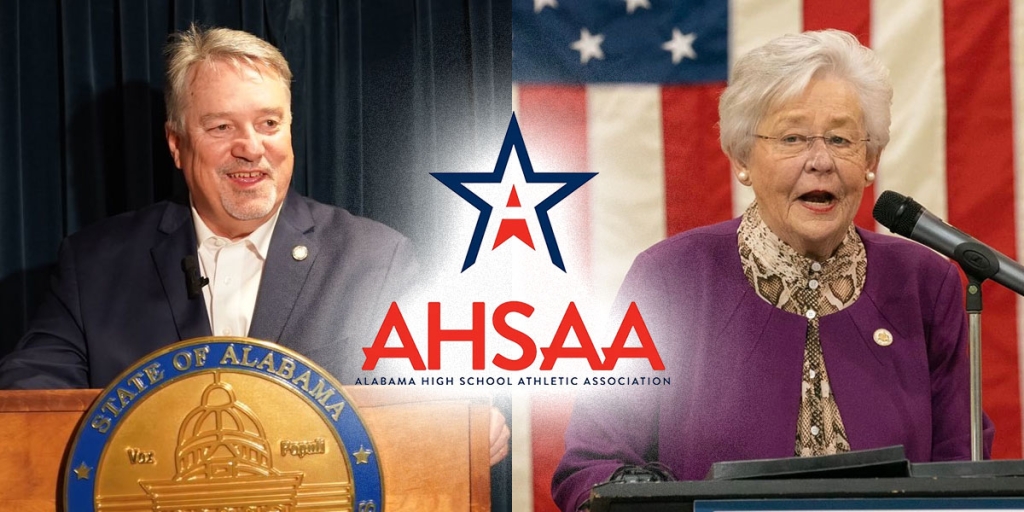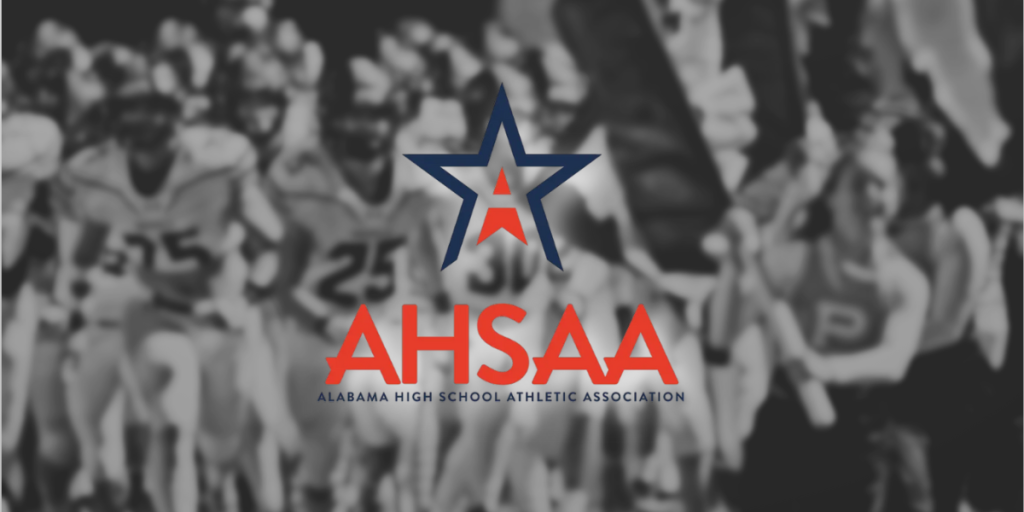State Rep. Troy Stubbs (R-Wetumpka) pre-filed a bill to allow cross-play competition between Alabama High School Athletic Association (AHSAA) school sports and non-member school teams from Alabama.
Under the proposed legislation, AHSAA member schools would be allowed to compete against other school sports associations like the Alabama Independent School Association (AISA) that agree to adhere to a specific set of standards such as physical examinations, concussion protocols, compliance with National Federation of High School State Associations (NFHS) rules, age restrictions and requirements for game officials.
Stubbs’ bill would broaden the number of teams AHSAA and AISA members can play, which means less travel for games and more time in the classroom for student-athletes.
“HB 91 simply gives AHSAA schools the option to play teams in the AISA. This allows coaches to build out schedules that minimize travel time for student-athletes and their parents,” said Michael McLendon, AISA Executive Director.
Stubbs’ effort draws attention to a practice embraced by nearly every state in the Southeast and beyond.
Research conducted for this legislation revealed that of the nineteen states surveyed, only Louisiana and Alabama do not practice competitive choice among associations. Georgia, the most recent state to implement changes, began allowing cross-play in its competitive practices through legislation passed in 2016, serving as the model for Alabama’s proposed bill.
RELATED: Multipliers? Competitive balance? What’s next for AHSAA officials in public vs. private debate
“Currently, AHSAA teams can play private school and home school teams based in Mississippi, but they cannot play the AISA school right down the road. This makes no sense,” McLendon added.
“When our schools compete, it’s not just the athletes who will come together; it’s the families, the alumni, and the local businesses. It’s a celebration of community. Competitive choice would amplify this, creating new local traditions and strengthening existing ones.”
“High school athletic competition has been unnecessarily stifled in our communities. If a private school and public school in the same area want to play each other, we shouldn’t stand in their way,” said Stubbs.
“This bill creates robust and fair competition between public and private schools, while ensuring the safety of our student-athletes. It also will reduce travel time for games, which means more time in the classroom for our student athletes.”
Grayson Everett is the state and political editor for Yellowhammer News. You can follow him on Twitter @Grayson270




